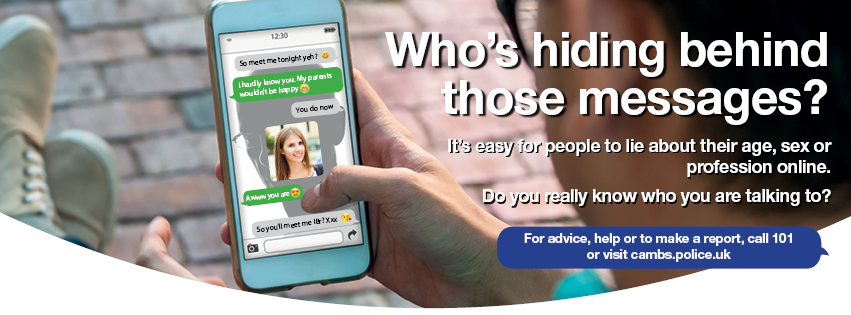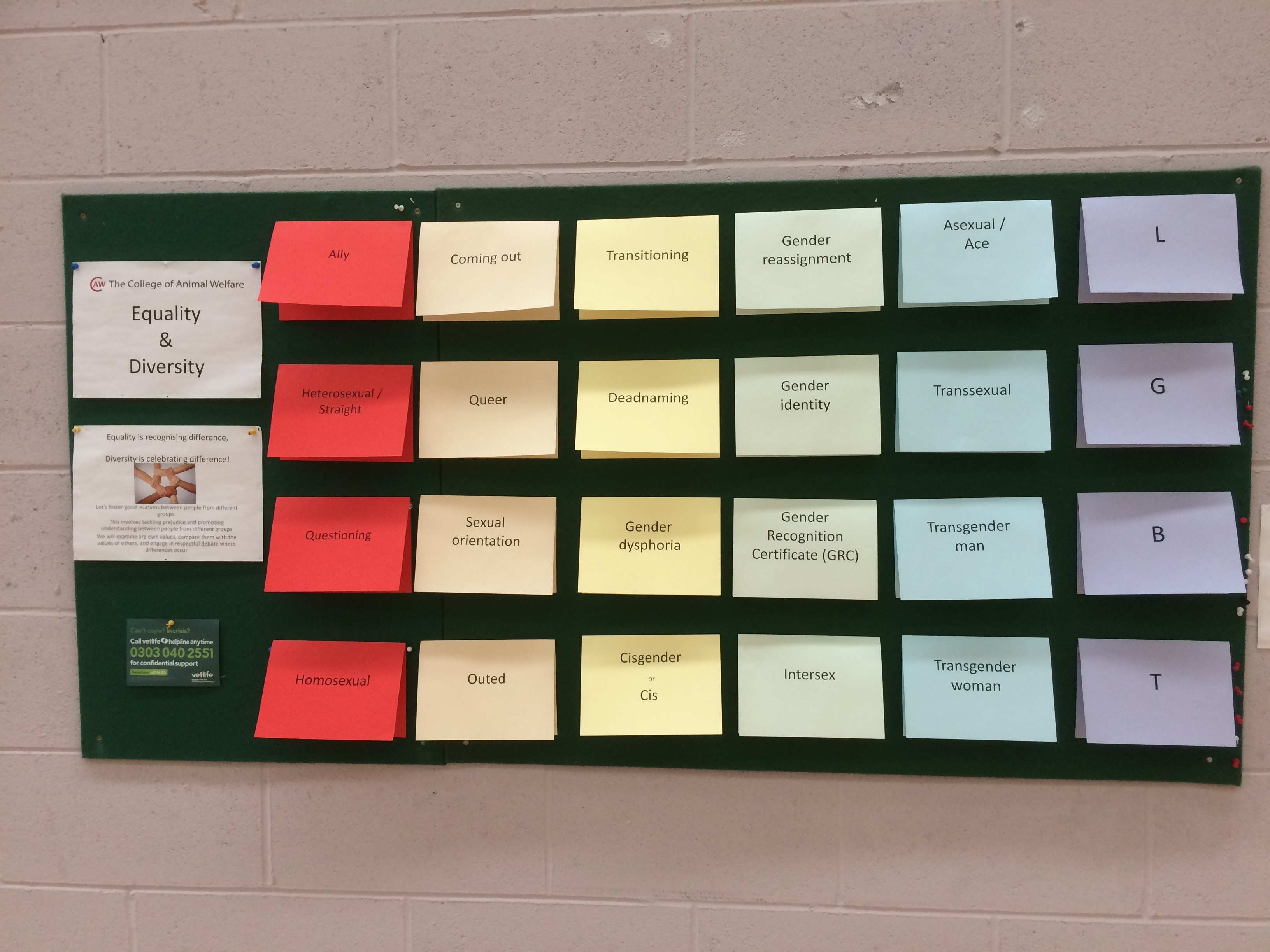Safer Internet Day is about promoting internet safety; safe, responsible and positive use of digital technology. The day offers the opportunity to highlight positive uses of technology and to explore the role we all play in helping to create a better and safer online community. Below is a short guide to staying safe online.
Easy-to-forget internet safety tips
In an increasingly digital age, people share more than they ever have. It can be easy to forget simple actions you can take to protect your identity and stay safer online, such as…
Thinking before clicking – Common sense can help us to avoid viruses and spam email; for instance by being wary of emails from strangers with attachments or links.
Knowing the scams – Educate yourself about different kinds of scams, so you know the steps you need to take to avoid them, and can pass on this knowledge to your friends and family.
Checking website security – Do not provide financial or personal information to websites that are not secure. The easiest way to find this out is to look for the padlock symbol before the web address.
Creating strong passwords – Strong passwords that are difficult to guess can help us avoid being hacked and reduce the chances of identity theft. Ideally your password will include a mix of capital letters, numbers and symbols; and will be changed regularly.
Logging out – Always log out of any online account once you have finished using it, especially if you are using a public computer such as in a library or internet café. This will prevent other people from posting or sharing content from your account.
Do you know who you are communicating with?
 The internet is great way to connect with people who share common interests, hobbies or experiences, but not everyone who you’re communicating with online has good intentions. Some people may be dishonest about who they are, and it’s important to make sure you’re confident that you’re speaking to who you think you are, especially if you’re thinking of meeting them face-to-face.
The internet is great way to connect with people who share common interests, hobbies or experiences, but not everyone who you’re communicating with online has good intentions. Some people may be dishonest about who they are, and it’s important to make sure you’re confident that you’re speaking to who you think you are, especially if you’re thinking of meeting them face-to-face.
Toxic websites and online communities
Sometimes you might feel that the people you’re friends with online understand you better than those you know in real life, especially if they are struggling with the same problems that you are.
Whilst those trying to help you online are more than likely well-intentioned, if you’re struggling to cope with serious problems at home, school, work, within a relationship, or with your mental or physical health; the best thing you can do is seek help face-to-face from someone you trust. Particularly when it comes to health, the line between those who are helping you and those who are bringing you down can become blurred. Examples of toxic websites can include websites that glorify serious mental health problems such as anorexia or depression; or forums that encourage the dangerous behaviour that sometimes comes attached with these illnesses, including self-harm and suicidal tendencies.
If you’re seeking help or guidance online, remember to look for reputable websites that offer information from qualified professionals.
Understanding your digital footprint
Have you ever searched for yourself on a search engine to see what comes up? Doing so can be a good indication of the nature of your digital footprint. Your ‘digital footprint’ is everything somebody can find out about you online from the websites you visit, using the ‘trails’ you leave behind on those websites; such as comments, posts, shares, reviews, images, videos – and much more. It is important to think about what you’re posting online, not only, on social media, but in all online spaces; and whether what you’re posting could create problems for you in the future. Every time you share or post something online, you are contributing to your digital footprint. Some things to think about include:
Privacy – You don’t want to be in a situation where strangers can find out where you live, work or go to school with a simple google search, so make sure you’re being careful about what personal information you are sharing online. You should also avoid posting photos or videos that reveal information about your location.
Anticipating online response – Whilst you have a lot of control over what you post online, you have no control over how others will respond to it. Things you post online, once public, can be copied, saved or shared by other people; after which it becomes harder to delete and forget about. For example, an angry comment you make about a teacher, colleague or boss could be seen by an employer and prevent you from getting a job. A good rule to follow is you shouldn’t post anything you wouldn’t be comfortable with your grandma looking at.
Posting within the law – Sometimes what you post can get you in trouble with the law, even if you meant no harm by what you shared. Sharing sexually explicit content involving someone under the age 18 without their permission is illegal*, for instance, even if the person in question is a friend.

I don’t want people to see that – What can I do?
You may find that you’re unhappy with some of the things you can see or find out about yourself online. An old post that made sense six months ago might seem embarrassing and wrong to you now. Perhaps you didn’t really mean what you said about a friend or colleague online in the heat of the moment. Or maybe you’re uncomfortable with a photo that someone else has posted of you on social media. Whatever the nature of the content might be, there are steps you can take to try and remove it…
I’ve posted this content
The good news is that you have much more control over your own online activity than you do others. Actions you could take include deleting it manually, or editing the content if you’re unable to delete it completely. You could also contact search engines such as Google or Bing to ask them to remove it links to the content on their site.
Someone else has posted this content
If someone else has shared or posted something about you that you would like removed, you could start by asking them if they can delete it. Alternatively, if many people have shared it, it may be worth deleting your account on the relevant website and creating a new one.
Further Information
More Information about staying safe on social media, including Facebook, Twitter, Snapchat and Instagram privacy and safety checklists, can be found here.






 The internet is great way to connect with people who share common interests, hobbies or experiences, but not everyone who you’re communicating with online has good intentions. Some people may be dishonest about who they are, and it’s important to make sure you’re confident that you’re speaking to who you think you are, especially if you’re thinking of meeting them face-to-face.
The internet is great way to connect with people who share common interests, hobbies or experiences, but not everyone who you’re communicating with online has good intentions. Some people may be dishonest about who they are, and it’s important to make sure you’re confident that you’re speaking to who you think you are, especially if you’re thinking of meeting them face-to-face.
